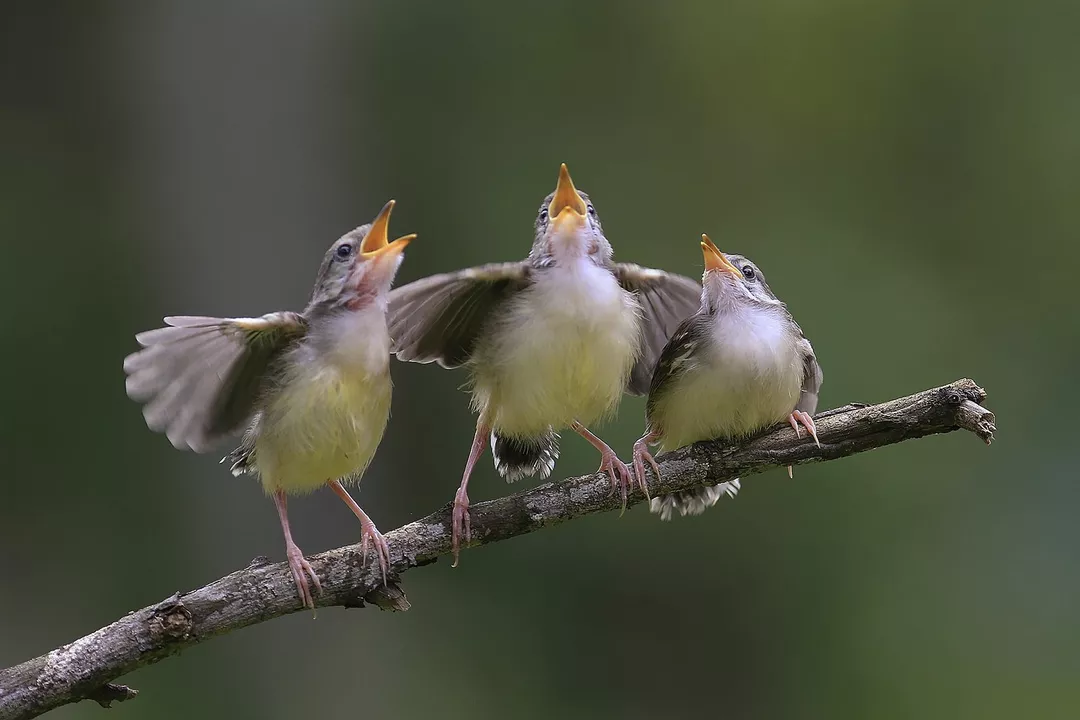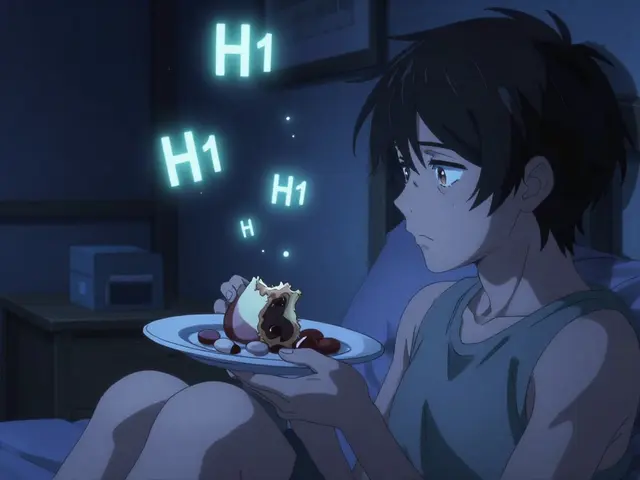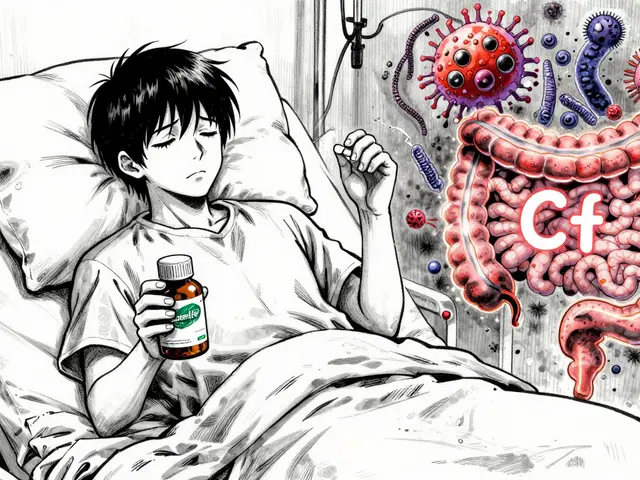Unraveling the Mystery of Deplumation in Birds
As a bird lover and enthusiast, I've always been fascinated by their beautiful plumage and the various colors and patterns they display. However, I've also come across instances where birds suffer from deplumation, a condition where they lose their feathers. I couldn't help but notice that in many cases, deplumation was accompanied by certain behavioral issues. This got me thinking – is there a connection between deplumation and behavioral issues in birds? In this article, I will delve into this intriguing topic and discuss the possible reasons behind this connection.
Stress as a Common Trigger for Deplumation and Behavioral Issues
One of the most common factors that can lead to both deplumation and behavioral issues in birds is stress. Just like us humans, birds can experience stress due to a variety of reasons, such as changes in their environment, lack of social interaction, or even inadequate nutrition. When a bird is stressed, it may start to pluck or over-preen its feathers, leading to deplumation. At the same time, stress can also cause a bird to become more aggressive, less sociable, or even develop self-destructive habits such as feather-picking.
It's important for bird owners to recognize the signs of stress in their pets and take appropriate measures to alleviate it. Providing a stable and enriching environment, ensuring a balanced diet, and spending quality time with your bird can all help to reduce stress and, consequently, lower the risk of deplumation and behavioral issues.
Hormonal Imbalances and Their Effects on Birds' Plumage and Behavior
Another factor that can contribute to both deplumation and behavioral issues in birds is hormonal imbalances. Birds, like all animals, have a delicate balance of hormones that regulate various bodily functions, including feather growth and behavior. An imbalance in these hormones can have a range of consequences, such as abnormal molting, feather loss, and even changes in a bird's behavior. For example, an increase in certain hormones may cause a bird to become more territorial or exhibit aggressive mating behaviors.
If you suspect that your bird may be suffering from a hormonal imbalance, it's important to consult with a qualified avian veterinarian. They can perform various tests and recommend appropriate treatments to help restore your bird's hormonal balance and prevent further deplumation and behavioral issues.
Infections and Parasites: A Double Threat to Birds' Plumage and Well-being
When it comes to the connection between deplumation and behavioral issues in birds, infections and parasites are often overlooked factors. A bird that is suffering from a skin infection or infested with parasites such as mites or lice may experience severe itching and discomfort. This can lead to excessive preening, scratching, and even self-inflicted feather loss. Moreover, the constant discomfort and irritation can cause a bird to become more irritable, less sociable, and even exhibit aggressive behaviors.
Regularly inspecting your bird's skin and feathers for signs of infections or parasites, and addressing any issues promptly, can go a long way in preventing deplumation and associated behavioral problems. It's also essential to maintain a clean and hygienic living environment for your bird to minimize the risk of infections and infestations.
Nutritional Deficiencies and Their Impact on Birds' Feather Health and Behavior
A well-balanced diet is crucial for maintaining a bird's overall health, including its feather condition and behavior. Nutritional deficiencies, such as a lack of essential vitamins, minerals, and amino acids, can result in poor feather quality, slow feather growth, and even feather loss. Furthermore, a bird that is not getting the proper nutrition may become lethargic, irritable, or even develop behavioral issues such as feather-picking or self-mutilation.
Ensuring that your bird receives a nutritionally complete and balanced diet is vital for preventing deplumation and associated behavioral issues. Consult with an avian veterinarian or a bird nutrition expert to determine the best diet for your bird's specific needs, and be sure to monitor its feather condition and behavior closely for any signs of improvement or deterioration.
Genetic Factors Influencing Feather Loss and Behavioral Issues in Birds
Last but not least, it's important to consider the role of genetics in the connection between deplumation and behavioral issues in birds. Some bird species or individual birds may be more predisposed to feather loss or certain behavioral problems due to their genetic makeup. In these cases, it can be more challenging to prevent or manage deplumation and associated behavioral issues, as they may be influenced by factors beyond our control.
However, understanding your bird's genetic predispositions can still be helpful, as it can guide you in providing the best possible care and environment for your pet. If you're aware that your bird is prone to feather loss or behavioral issues, you can be more vigilant in monitoring its condition and take proactive steps to address any problems that may arise.
In conclusion, there is indeed a connection between deplumation and behavioral issues in birds. By understanding the various factors that can contribute to these problems and taking appropriate measures to address them, you can help your feathered friend maintain a healthy plumage and exhibit normal, well-adjusted behavior.






Bobby Marshall
May 9, 2023 at 23:41
Man, I’ve had a cockatiel for 8 years and this hits home. He used to pluck when we moved apartments - not because he was mad at us, but because the new place was too quiet. Got him a mirror, some puzzle toys, and now he’s got a full fluffy tail again. Birds are way more sensitive than we give them credit for.